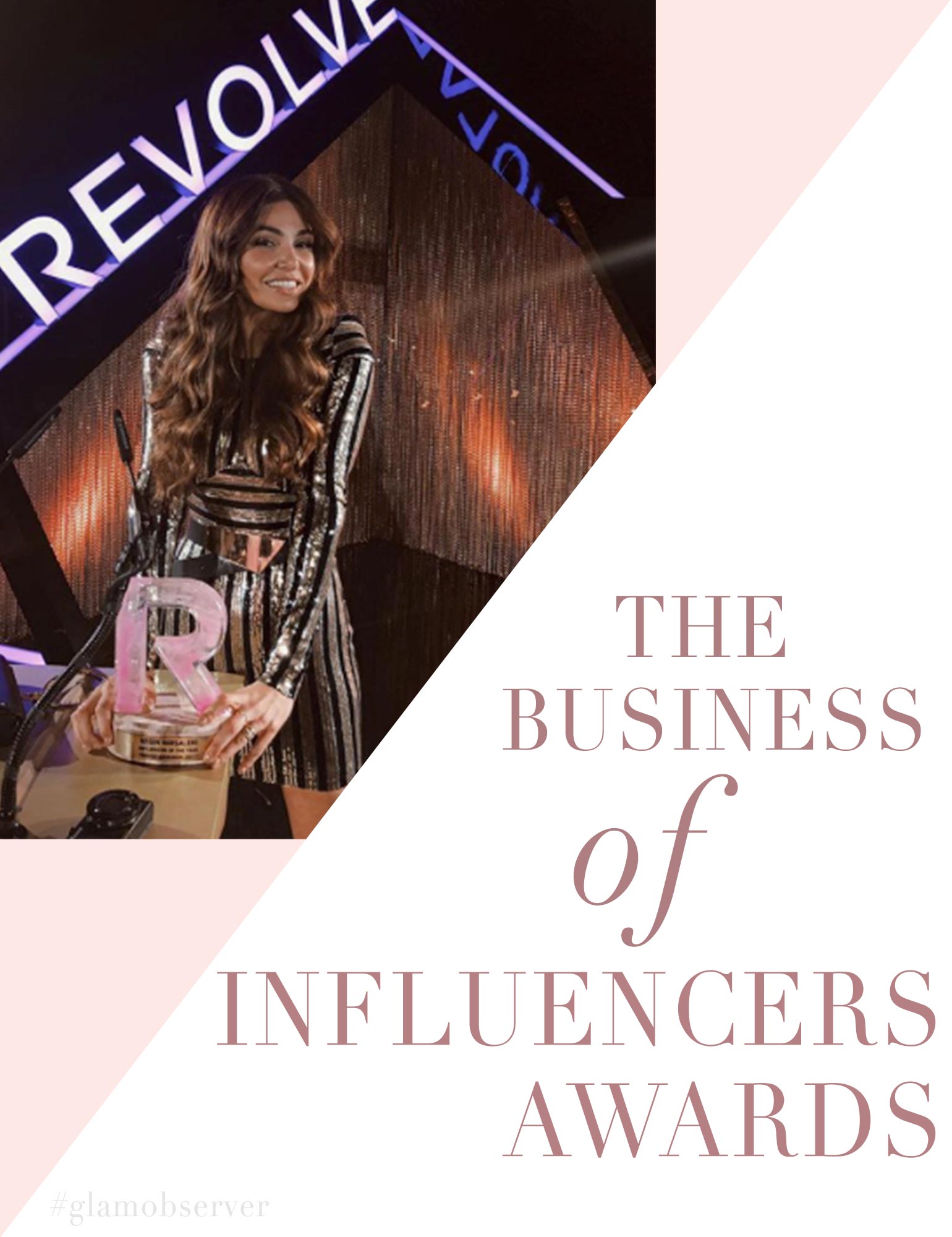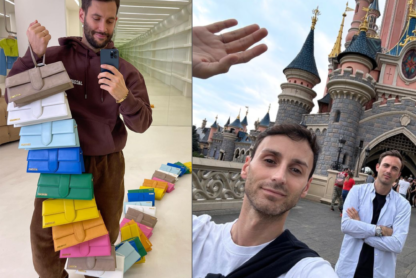
Blogger/Influencer Awards have become a thing in the last six years. It all started in 2011 with Bloglovin – the platform allowing blog readers to organise, read and discover new blogs – when they launched what was probably the first blogger awards. On the first edition, Rumi Neely of Fashion Toast won the Blogger of The Year award while Chiara Ferragni won the Newcomer of The Year one. Five years later, Bloglovin Awards are still there and held annually during NYFW. Who could have guessed that this ceremony to celebrate bloggers’ merit when the fashion industry kept shunning them would have been the beginning of many others?
If Bloglovin started a trend, 2011 was the year in which Garance Doré and Scott Schuman won the CFDA Eugenia Sheppard Media Award. The ultimate recognition by the fashion industry to bloggers. Even magazines such as Elle included a Blogger of The Year category in their Elle Style Awards proving bloggers and influencers were getting more established in fashion.
Earlier this month, Revolve launched their first awards in partnership with E! – the entertainment cable and satellite TV channel producing Keeping Up With The Kardashians but not only. Besides this show E! also produced Fashion Bloggers and the series ELLE México diseña with influencer Andy Torres who was part of the jury. So needless to say that it was a match made in heaven for Revolve. Up until now, blogger/influencer awards always seemed to be something a media company would do. Not a clothing brand. With the #RevolveAwards, influencer marketing appears to have reached another level.
If you have never heard of Revolve before, this event was an excellent way to put the brand on the spotlight of an audience who didn’t know it (I am part of it). Using influencers to ask their followers to vote for them was a subtle way to invite them to Revolve site, vote and then discover what the awards and company were about. Indeed these awards are the proof that a company can build 70% of its profit on influencer marketing. Along with efficient PR, press coverage and the pool of influencers selected, Revolve managed to create a robust campaign for their awards. While the influencers posted on their social media about the event before and during the D-day, the brand used Instagram stories and Facebook live on the day to support the #RevolveAwards.
In a context where influencer marketing is expanding by day, Revolve’s strategy is one of the most clever I have witnessed so far. It won’t necessarily generate revenue from the get-go, but it will bring awareness and probably trust among the influencers’ followers who might become future customers of the brand. As of 2015, Revolve generated $400 million of revenue only through influencer marketing. Aren’t you curious to know after this event how big the brand will become?







